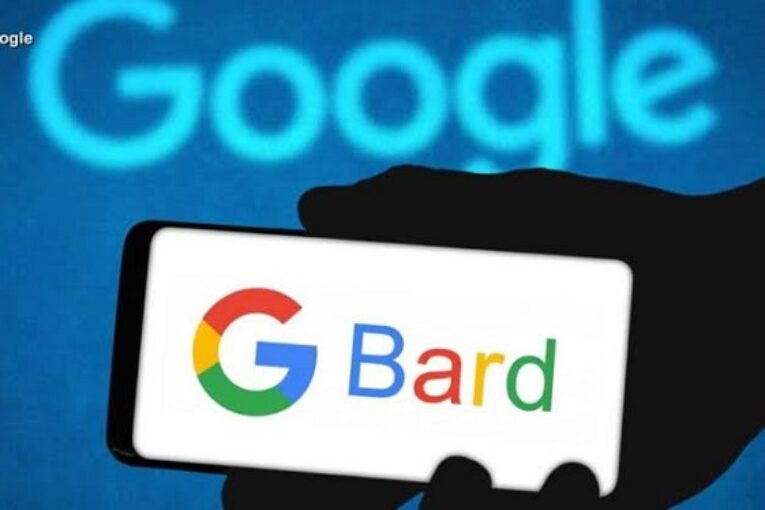
Tech giant seeks to make up lost ground in race to commercialise generative AI technology
Google has launched its Bard chatbot in a bid to rival OpenAI’s popular ChatGPT, as it seeks to make up lost ground in the race to commercialise generative artificial intelligence technology. The tech giant began rolling out the chatbot, its first standalone consumer AI product, on Tuesday. Google said that Bard, which provides answers to text-based questions, will be run separately from its Google Search engine. Its launch comes almost four months after Microsoft-backed rival OpenAI drew worldwide attention with the public release of its chatbot, ChatGPT, sparking a rush by tech giants to bring powerful new language-based artificial intelligence to the internet search business. Last week, OpenAI revealed its new language model, GPT-4, which users can access through a premium version of ChatGPT and via Microsoft’s search engine Bing. Chinese search giant Baidu also released its own chatbot, Ernie, which it positions as a Chinese-language alternative to ChatGPT. In recent weeks, generative AI has also been integrated into widely used productivity applications, such as Google’s Workspace, including Google Docs and Gmail, and Microsoft’s Office 365 software, as well as into popular apps such as Duolingo, allowing millions of people to start interacting with the technology.
Google said Bard will generate answers only in English — rather than computer code or other languages — and will provide access on a first-come-first-served basis to users who sign up to its wait-list in the US and the UK. “We want to get feedback and gradually phase up the number of people who have access to Bard,” said Zoubin Ghahramani, vice-president of Google Research. “And the reason for that is we really want to be able to test and learn from that before we roll it out very widely.” Bard is built on top of Google’s AI technology known as LaMDA, or Language Model for Dialogue Applications, and was trained on text data taken from across the open web. It is also grounded in Google Search results, an additional layer of training that means it is less likely to contradict itself with incorrect information. Question-answer chatbots have been among the first wave of consumer products being built on top of so-called generative AI — a technology that uses enormous amounts of human-generated text to produce plausible responses to queries.
But Google has been slow to release conversational AI compared to its rival Microsoft, which in January announced a “multibillion dollar” investment in OpenAI. Critics say Google is hemmed in by its hugely profitable search business, which discourages it from introducing generative AI because of its ability to summarise search results into a single answer. Jack Krawczyk, one of the leads on Bard, said the company wanted people to treat the chatbot as an “experiment” to generate ideas and strategies, rather than as a replacement for search.
-Financial times




